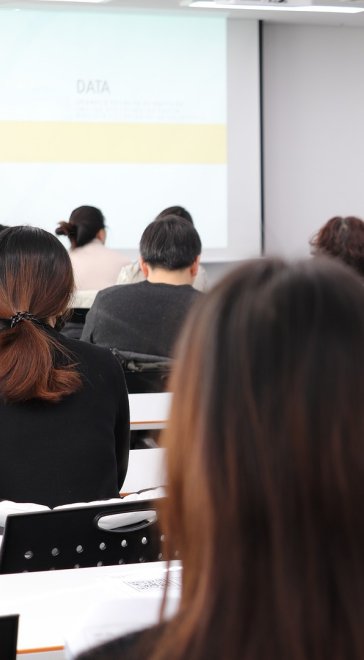Hawking radiation in dielectric black holes
Hawking radiation in dielectric black holes
The seminar will consist in two parts.
-In the first part we will review the Hawking effect for astrophysical black holes. Classically the causal structure describes black holes as objects from which any form of energy can escape, but we will see that quantum effect
can give rise to an evaporation effect that causes energy loss from the black hole. In an almost stationary regime with a very small loss of energy per unit time compared to the black hole mass, the radiation appears to a far observer as thermal with a temperature proportional to the inverse mass of the black hole. For astrophysical black holes this corresponds to a temperature so low that will be completely washed out by the cosmological background.
-In the second part we will show how one can try to solve the problem of measurability of the Hawking radiation by realizing a condition analogue to an horizon in simpler physical system that can permit a measure in laboratory.
In particular, I will describe the experiment recently realized in the laboratory of the Como University by employing non linear effects in a
homogeneous dielectric medium. We will see the analogy arising between the optical system and the gravitational one, but also how the presence of a dispersion law in the dielectric introduces important differences and, at the same time, is relevant for measurability.
Physical Review Letters 105, 203901 (2010).

